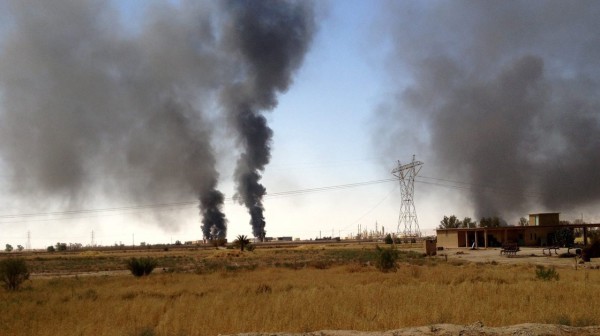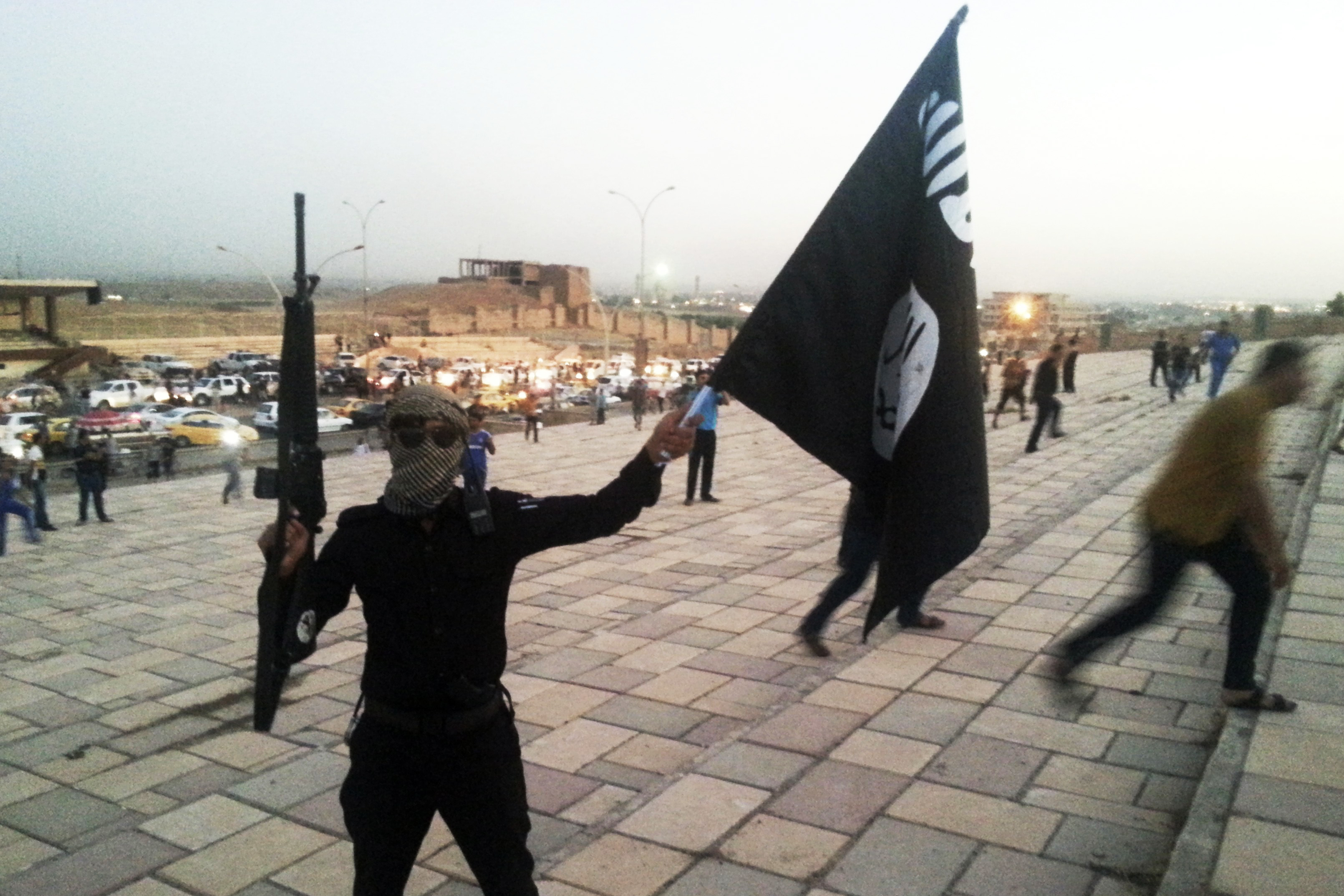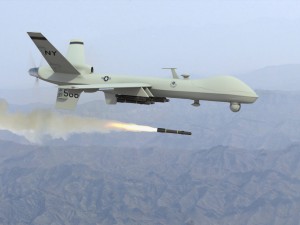For the past three months the world has watched in horror as Sunni extremists belonging to the Islamic State of Iraq and the Levant (ISIL) have captured and established a pseudo-state on territory that once belonged to Syria and Iraq. Major Iraqi cities such as Mosul and Fallujah have fallen under the control of an organization that has actively pursued ethnic cleansing and the beheading of Western journalists. With such news pointing to the violent disintegration of Iraq many fear for not only the continued stability of an already fractured Middle East but also how continued instability could threaten the world’s energy supply and in turn the ongoing recovery of the global economy.

ISIL attack on oil refinery in Baiji, Iraq
Such a threat arises from the increasingly important role Iraqi oil exports play in meeting the world’s ever increasing energy demands. Much of this importance lies with the larger oil capacity that Iraq was able to produce after the fall of Saddam Hussein in 2003 when American-led military forces replaced his Baathist regime with a democratic government that was more receptive to international investment into the country’s oil industry. As a result of subsequent transfer of technology via foreign direct investment, Iraq’s daily oil production output, as estimated by the International Energy Agency (IEA), has increased from a pre-invasion figure of 2.8 million barrels to 3.6 million barrels during 2013. With continuing increase in oil production, the IEA has stated that Iraq will share 45% of the growth in the world’s oil production until 2035. In addition, IEA has predicted that by 2030 such growth in production would see this Middle Eastern nation replacing Russia as the second largest oil exporter in the world. With figures such as these, the future global energy situation seems less severe as the energy demands of the emerging markets could be met by the projected increase in oil production by Iraq. Moreover, with Iraqi oil being produced at a relatively cheaper cost than other oil producers, Iraq could prove to be a suitable stabilizer to world energy costs. This is why emerging markets like India and China are contributing large sums of capital to develop Iraq’s oil industry and signing energy deals with the current Iraqi government. However, all these predictions and optimisms about Iraq’s potential are dependent on one important assumption: Iraq will emerge as a united and stable nation. As seen from ISIL’s growing strength in Northern Iraq, this assumption stands on shaky ground. Though Iraq’s oil fields are located in the south and east of the country, the existence of a hostile terrorist haven in the north could become a limiting factor to the continued expansion of the Iraqi oil industry. As oil exports are a major source of financing for the Iraqi government’s counter-offensive against ISIL, the infrastructure supporting Iraqi oil industry would naturally be considered a valuable military target for ISIL terrorists. Tampering with the water supplies and the power grid necessary for oil production is just one of the actions that ISIL could employ to disrupt the continued flow of oil. Also, with an Iraqi government focused on combating the threat posed by ISIL, the inefficiency that prevails within the government’s bureaucracy would be further aggravated, as the government would be primarily focused on the war effort rather than the continued development of the country’s oil industry. This could lead to increased delays in government approvals for major projects that are meant to contribute to the effectiveness and efficiency of the Iraqi oil industry. Such delays could chase away necessary foreign investment. Lastly, as the government focuses its military efforts to the north of the country, there is a growing possibility that the security forces in the oil-rich south would be deployed to the north. This has already occurred in the southern province of Basra where from 11 army battalions have been sent to fight ISIL in the north. Such a redeployment of Iraqi security forces to the north could increase the chances of looting and attacks on foreign nationals in the oil-rich south, thereby applying upward pressure to oil production costs in Iraq.
“For nations like the United States or Canada, which are increasingly looking to newer domestic sources of energy, the presumption of being safe from the economic impact of Iraq’s civil war is tempting, but illusionary”
As the heightened sectarian violence continues between Iraqi government forces and ISIL terrorists, the subsequent increase in Iraqi oil prices could have a dire impact on an already beleaguered global economy that is slowly recovering from the financial fallout of 2008. Economists have estimated that for every ten dollar increase to the cost of a barrel of oil, global economic growth would be reduced by about 0.2 percentage points. Furthermore, with emerging markets being not only the major contributors to global economic growth but also some of the world’s largest net energy importers, the reduction of Iraqi oil could stall growth of these pivotal economies. This is why the continuing troubles in Iraq have already caused the World Bank to cut its 2014 economic growth factor to 2.8%. For nations like the United States or Canada, which are increasingly looking to newer domestic sources of energy, the presumption of being safe from the economic impact of Iraq’s civil war is tempting, but illusionary. With Iraqi oil being the major contributor towards sustaining the growth of the world’s energy needs, the disruptions in Iraqi oil production would have a huge impact on world oil prices. As a result, Canadians and Americans alike would not only face higher prices at the pump, but due to oil being an important cost factor in business, the resulting rise in world oil prices would provoke a significant economic fallout. Thus with Iraq falling into a bloody civil war, no country will be insulated from the negative impact on its economy.
Anojan Nicholas




